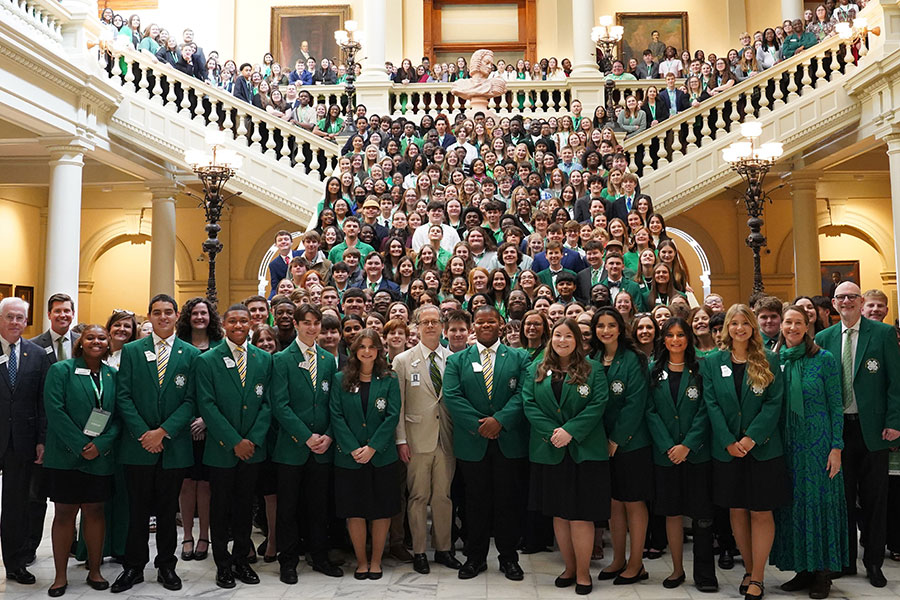By Sharon Omahen
University of Georgia
When the holiday guests depart, make sure the leftovers from the holiday feast safely do the same.
"Four days is the rule-of-thumb when it comes to leftovers," said Michael Doyle, a food microbiologist with the University of Georgia College of Agricultural and Environmental Sciences. "After that, you should eat them, toss them or freeze them."
Doyle, director of the UGA Center for Food Safety in Griffin, Ga., is a world-renowned expert in foodborne pathogens. CFS researchers work to develop methods to detect and control harmful microbes in the U.S. food supply.
Two-hour limit
To keep foodborne illness away from your holiday parties, Doyle recommends refrigerating or freezing holiday meals two hours after serving.
"It's great to spend time with family members after a holiday dinner," he said. "Just take the time to put away food dishes first."
Whether you're making leftover ham or turkey dishes, be sure to reheat leftovers to at least 165 degrees Fahrenheit, Doyle said.
Cooking, storing temperatures key
"Temperatures are critical when it comes to keeping food safely stored and cooking food," he said. "Refrigeration is so critical, and many home refrigerators are way out of the safe zone of 41 F. A refrigerator set at 50 F is what we microbiologists call an incubator. That's where we grow bacteria for research."
Doyle says home freezers should be set at zero degrees or below.
"Setting the refrigerator a little higher is no way to save money," he said. "Your family's health isn't worth the energy savings."






